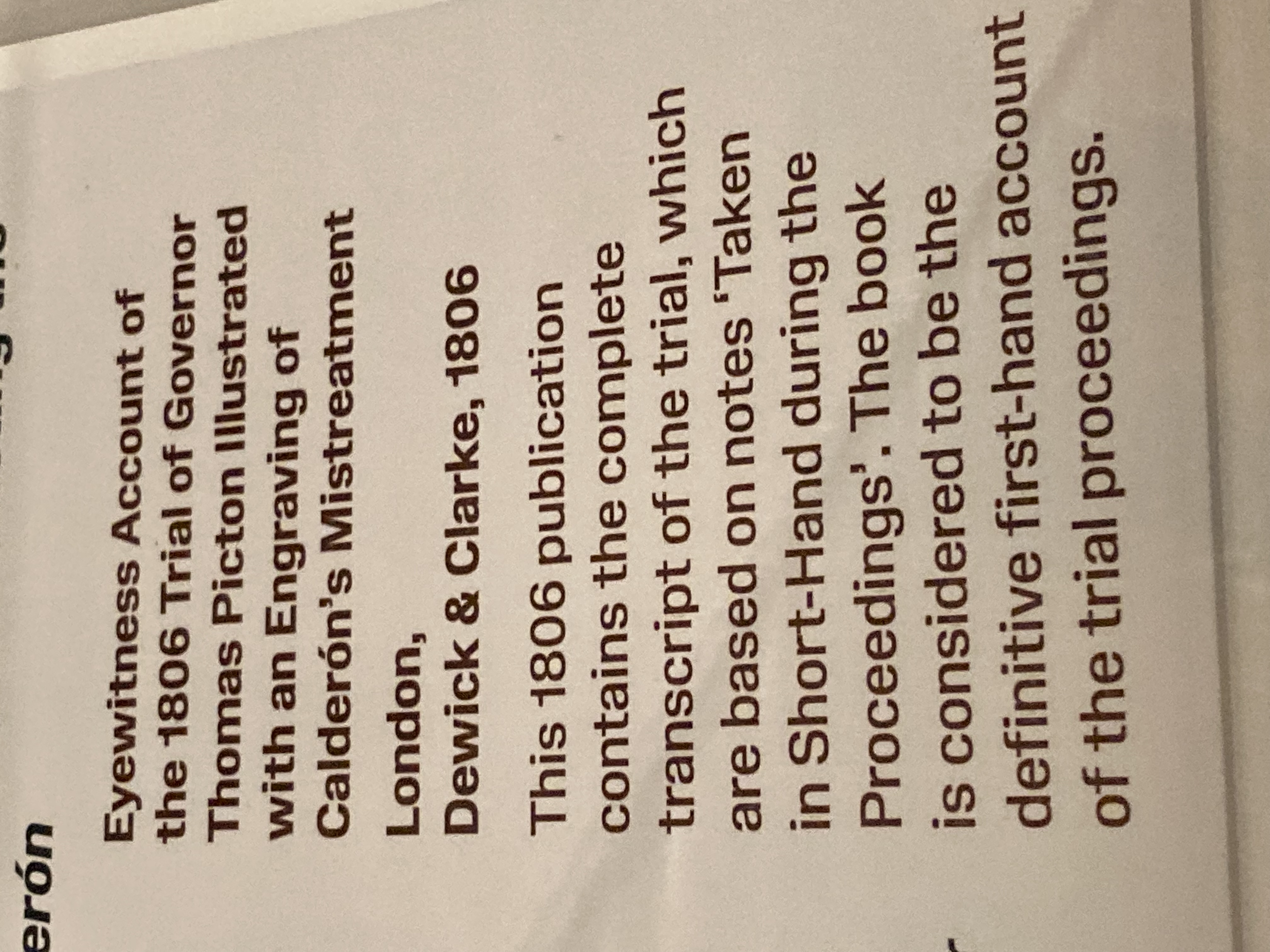I am interested in issues of both language and football and was struck by this video (Tatsuhiro Sakamoto on learning English, Ellis Simms and demanding more from himself! | Lodge Diary (youtube.com)) of a Japanese footballer, Tatsuhiro Sakamoto playing for Coventry City.
He first says that he thought that his team mates at Coventry spoke English very quickly. This seems to be a common issue for language learners. They often think others speak quickly but I wonder whether the issue is more that there are words they do not know or pronunciation they are not familiar with. They do not have the time to work these words or sounds out so they seem quicker than they perhaps are.
He then says that his team mates at his previous club in Belgium spoke English slower. For many of those players English was probably a second language and they were perhaps more sensitive to his needs (I spent a few days in northern Belgium this summer and most people seemed to speak excellent English and no more slowly than most British people do). In other words, team mates in Belgium may have used accommodation strategies (Tagg 2022).
He refers to two players (Ben Wilson and Jamie Allen) as being particularly difficult to understand. He says this is because they speak quickly. He refers to another player, Ellis Simms, as being someone who speaks slowly and is generally kind and there is footage of Simms showing Sakamoto's shirt in tribute after the latter had suffered a serious injury. I have heard all three players in interviews and none of them speak particularly quickly but perhaps Simms is more sensitive in understanding Sakamoto's language level and how to adjust his language to cater for him.
He also refers to a player (Milan van Elwijk, who is Dutch) speaking to him using some Japanese words (the use of "words" suggests van Elwijk's Japanese is quite limited) which he appreciates. This shows the importance of reciprocity in intercultural communication even when making use of limited language knowledge.
There is a shared interest in anime that encourages him and Milan van Elwijk and another player, Fabio Tavares to bond. Sakamoto says that he likes anime because he is Japanese. So, he seems to be taking an essentialist view that suggests the whole population share the same characteristic. Of course, essentialism can be criticised as it can lead to stereotyping but perhaps this is less pernicious when said by a person who is part of the group.
Tagg C (2019) "Accommodating difference – intercultural
communication and ELF" in Tagg, C., Paterson, L.L., Lillis, T., Seargeant, P. and Tuck, J. (eds) (2019) L101 Book 2: What is English? Milton Keynes: The Open University.
 It is interesting that the Creole is described as a corruption.
It is interesting that the Creole is described as a corruption.
